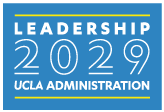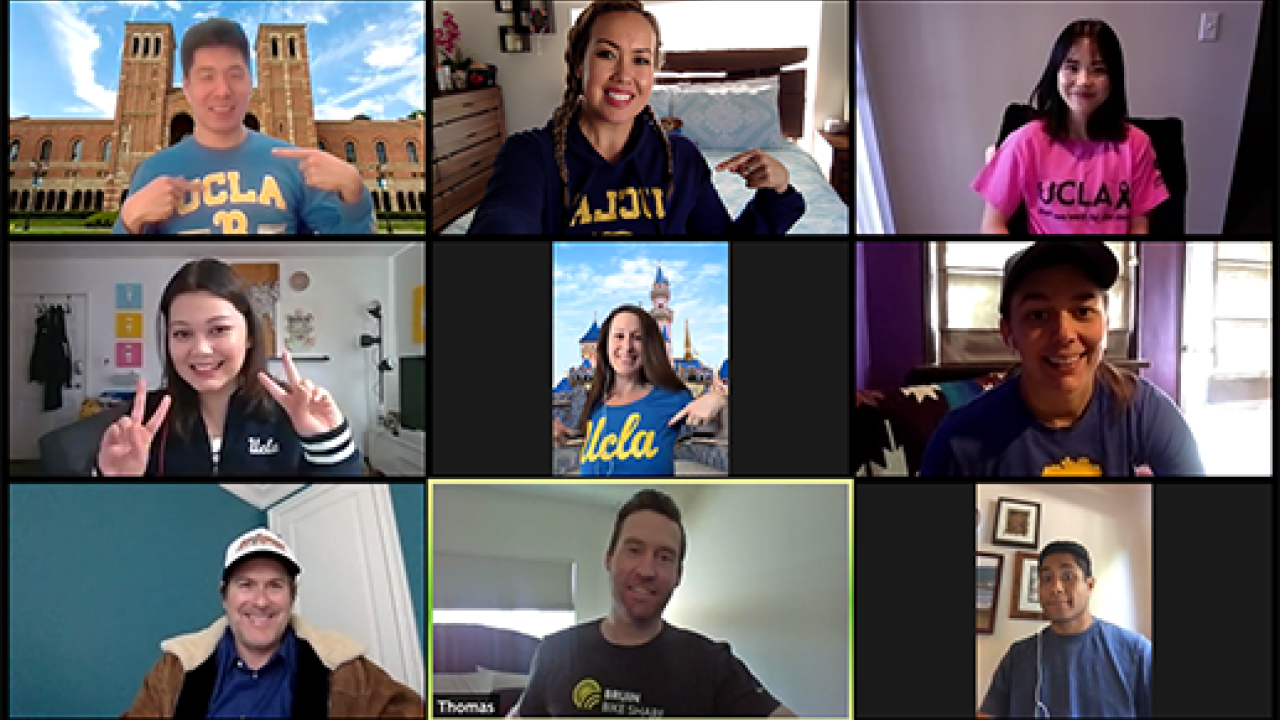Dear Colleagues,
The recent announcement that all employees who are able to successfully work from home will continue to do so until March 19, 2021 has confirmed that remote work will be a regular part of employee life at UCLA. Although remote work brings with it many benefits, it has also exacerbated existing issues for underperforming employees, issues of accountability, and shone a light on trust issues between supervisors and staff. In an effort to provide support and resources to our managers, Administration Leadership 2029’s Telecommuting group will be sending out monthly management tips in collaboration with Campus Human Resources.
Management Topic: Creating a Culture of Support and Accountability
Accountability is answerability and the duty to manage. This is separate from responsibility, which is the duty to do the work. Holding someone accountable means to effectively form, communicate, and inspect the fulfillment of an expectation in a positive, principled way that enables people to achieve results now and in the future*. It empowers people in a practical and powerful way to influence results before things go wrong. Accountability also means appropriately addressing issues in a timely manner when needed. However, holding our team members accountable also means holding ourselves accountable for providing the support our team members need. COVID-19 has created numerous new challenges for all team members and support, flexibility (where possible) and empathy are needed now more than ever. What does support for team members look like?
Creating a Culture of Support
- Regular check-ins. It’s important to ask the following and utilize active listening:
- How is your team member doing?
- What difficulties or obstacles are they facing?
- How is their workload and stress level?
- Has telecommuting created new challenges for them? If so, what solutions can you offer?
- If team members share issues such as stress, lack of child care, burn out, etc. the following may be good options:
- The Staff & Faculty Counseling Center
- Refer them to the Childcare Resources Website
- Discuss available leave options and refer them to their Benefits Team
- When in doubt, reach out to your Employee Relations Consultant for additional resources
Creating a Culture of Accountability
- What does accountability look like in employees: Taking accountability for yourself; making a habit to See it, Own It, Solve It, and Do It. Employees are responsible for getting the work done.
- What does accountability look like in supervisors and managers:
- Holding other people accountable and creating the conditions to ensure accountability. Leadership is accountable for:
- Work their direct reports’ produce
- The impact of their direct reports’ behavior
- Effectively addressing employee and team issues
- Building and sustaining an effective team capable of producing required outputs
- Continually improving processes
- Providing teams with effective managerial leadership
- Holding other people accountable and creating the conditions to ensure accountability. Leadership is accountable for:

How Do We Hold Our Employees Accountable?
- Clearly communicate expectations.
- Confirm understanding and agree to deadlines (employees should take ownership).
- Follow-up and check- in. Ensure your employees have what they need to succeed.
- Address issues. Counsel, train, and seek guidance. Is corrective action appropriate?
Helpful Tools to Learn More About This Topic:
- Supporting Remote Team Members (3 minutes 13 seconds)
- Assessing & Managing Virtual Team Performance (3 minutes)
*Guidance credited to the following:
OED Director Julie Bollinger’s Creating an Accountability-Based Culture.
Burns, Ginty. A is for Accountability: A guide to Accountability-Based Management. Trafford Publishing, 2005.
Connors, Roger and Smith, Tom. Holding People Accountable for Results: The Positive, Principled Way. How Did That Happen. New York: Penguin Group, 2009.
Evans, Henry J. Winning with Accountability: The Secret Language of High-Performing Organizations. Cornerstone Leadership Institute, 2008.
Miller, John G. QBC! The Question Behind the Question: Practicing Personal Accountability at Work and in Life, Denver Press, 2001.
Scenario for Discussion:
You are a new supervisor and inherit an administrative assistant who has worked with the University for 3 years. You followed HR’s guidance and reviewed their prior evaluations to get a better understanding of this employee. All of their performance evaluations meet expectations.
You have a presentation coming up and need to provide some metrics. You request your administrative assistant run a report for you and provide you these metrics as soon as possible. You follow up with your employee the morning of your presentation and ask them the status of the report you requested. They state this is not a report they have run before and have been trying to learn how to do so, which has caused a delay. You run the risk of this report and metrics not being completed in time and ask another employee to complete this assignment immediately.
Questions:
- What went wrong here? Who is accountable?
- You decide to meet with the employee to discuss this issue. What questions do you have for them?
- What are appropriate next steps?
*Recommendations for how to appropriately address this scenario will be provided in next month’s newsletter!
Stay Safe!

Do you have feedback, questions or a suggested topic you would like to learn more about? Please email: managementtips@ucla.edu.
Want to receive Monthly Management Tips emails? Sign up for our list!

